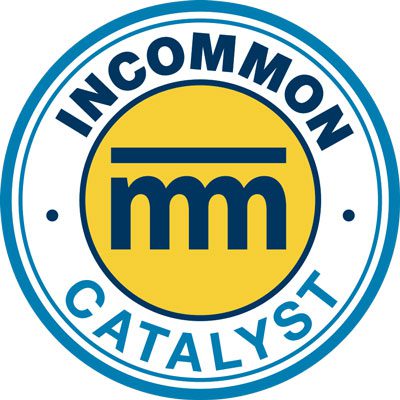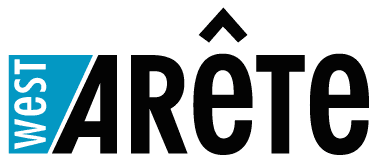Estimated reading time: 3 minutes
CASE STUDY CLOSE UP
For the past several years, Penn State University Libraries and West Arete have collaborated on organizing and unifying the university’s research metadata, which includes information about publications, grants, faculty activities, news stories, honors and awards, graduate committees, facilities, and equipment. This ongoing collaboration provided the foundation for an Open Access workflow project.
In 2019, Penn State adopted its Open Access policy, making research data and publications freely available to the public. Releasing a new publication under the open access policy requires many steps and systems. West Arete and the Libraries Strategic Technologies group worked together to implement software that sits at the intersection of identity metadata, research metadata, algorithms, and human expertise, enabling faster, more efficient, and continuous processing of publications. (Read the case study.)

The Initiative
“Modern research universities will need to unify their identity and research metadata over the next several years,” observed Natalie Simonson, chief operating officer at West Arete. “This involves collaboration between libraries, research, and IT.”
“It involves technical challenges, human factors, and organizational change, none of which is easy,” she continued. “But the reward is the ability to collaborate and accelerate research in ways that have never been possible before.”
The West Arete and Penn State teams took a design thinking approach to the problem, investing time in understanding the nature of the fundamental tasks of the open access workflow process. The existing process was thoroughly documented and diagrammed. Because the Libraries Strategic Technologies team had been executing the workflow manually, they had a good understanding of its nature.

“These workflows and metadata are part of your university’s core understanding of its research,” explained Ana Enriquez, copyright officer and head of the Office of Scholarly Communications and Copyright at the Penn State University Libraries. “If your university is investing their time, workers, and knowledge in building this resource, make sure you’re doing it in a way that is vendor agnostic. It will need to last beyond the viability of a single vendor or product.”
The Impact
The new workflow entered production in November 2023. As of mid-January, the libraries team has already vetted and processed 141 publications.This was estimated to be at least three times the previous pace over the same calendar time.It’s not just about the volume. Before this workflow was in place, productivity would happen in bursts of a few dozen publications, but then months would go by without capacity to do another round of processing. Now there is a near continuous flow of publication.
These are excellent outcomes from this collaboration. But all too often university groups have too few peers and patterns to draw from. Their teams would welcome the opportunity to connect with other members of the InCommon community around these important and challenging issues that leverage both identity metadata and research metadata. To find out more about their work together, read the full case study.
About West Arete
West Arete creates specialized enterprise software for universities, ranging from Research Information Management Systems (RIMS) for large universities, to Student Information Systems (SIS) for smaller colleges and universities. We specialize in the “messy” problems that go beyond software development and into areas of legacy systems, imperfect data, and organizational change.

About Penn State University Libraries Strategic Technologies
Libraries Strategic Technologies provides a broad range of IT solutions, services, and support to University Libraries faculty and staff, and supports the systems that enable Penn State and the user community to discover, access, and use the Libraries’ resources, both on-site and online. We also provide software and systems development to support digital data management and access related to research and scholarship for the University community.
About the InCommon Catalyst Program
The InCommon Catalyst Program, launched in June 2021, assists higher education institutions, research organizations, and sponsored partners in their efforts to enable better security, access to services, and user experience through InCommon’s integrated service and software solutions. A group of industry leaders and Internet2 members that actively contribute to IAM within the R&E community, InCommon Catalysts offer a wide range of IAM support services. If you’re interested in leveraging the experience and expertise of an InCommon Catalyst to solve a particular challenge or devise a roadmap for a full IAM reboot, feel free to reach out directly.
